Wayne Kurtz has been a friendly face at Abington Friends School for the past 20 years. He’s a staple of the math program from a background in engineering, teaching many different classes throughout his time with AFS.
Kurtz always helps his students and maintains a positive attitude and a level head throughout every lesson. Many students agree that his profound teaching style and ability have helped them throughout their years at AFS.
However, some people don’t know what made Kurtz who he is today. His background in civil engineering through his time in college at Northeastern University, his years in boot camp, and his college programs helped him find teaching.
I was able to sit down with Kurtz and dive deeper into the logistics with him.
What was boot camp like, and what led to the decision to join the ROTC program?
I was fairly shy and I thought that being an officer in the army would expand my horizons. I got to go to boot camp in Fort Knox Kentucky, in Louisville for six weeks of basic training which was enlightening, to say the least. A lot went on during those six weeks, and I got a scholarship for the college I went to- Northeastern in Boston. In the end, I thought it would take away from my technical studies as a civil engineer so I didn’t fully join the military. Also, I don’t know if I would’ve met my wife if I hadn’t went to the military, so it was a win-win.
Would you say it’s different teaching at Abington Friends than teaching at a military college?
The culture was different. [Valley Forge] was all male, and we all had to wear uniforms. I wore a military uniform with the ranking Captain. So I was Captain Kurtz unofficially. (Don’t laugh).
I was a captain because even though it wasn’t my official rank in the army, I had a Master’s degree. I had a little insignia on my shoulder that said VF for Valley Forge, where I taught, which represented that my rank was for teaching, not an official rank.
The students that I taught all fell under three categories; they were sent ‘cause they weren’t doing well, they wanted to go, or they were there and decided it was not for them. So the students were generally good and very tired. The reason the classes were so organized and chill was that they were so tired from working the night before and coming into class at 7:30.
The other part of the culture was that there were Saturday detentions, like if you had an infraction you had to go to this hallway and sit there for two hours and work.
Did you take anything away from the military academy at Valley Forge that you still use in your teaching style today?
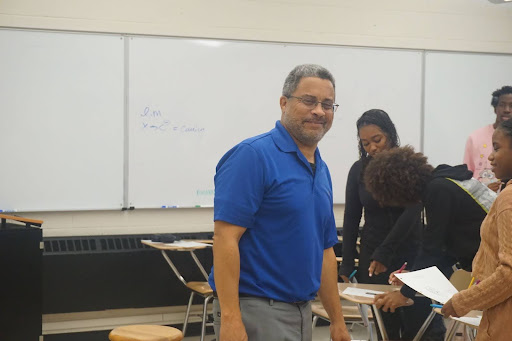
and helping students with their work
(John Mazzaccaro )
Mutual respect is one thing I think about. As a young teacher at Valley Forge coming from engineering into teaching I was maybe kind of harsh. I remember at one point the students were throwing a football around the classroom, and one of the kids who was the quarterback on the football team was like, “If you throw it at me I’m gonna throw it back to you really hard.” And he said it very kindly. For me, that was like, there was a way to build respect with students without over-enforcing the law, so to speak. I think they wanted just like anyone else to have a positive experience.
I also learned discipline from my sergeant. I have a picture at home- Sergeant Henry, he was rough. Meaning in a good way. He was like, “Here’s the line and you don’t stray from it.” He helped me to stay organized and stay disciplined throughout my work. That was a big takeaway from boot camp.
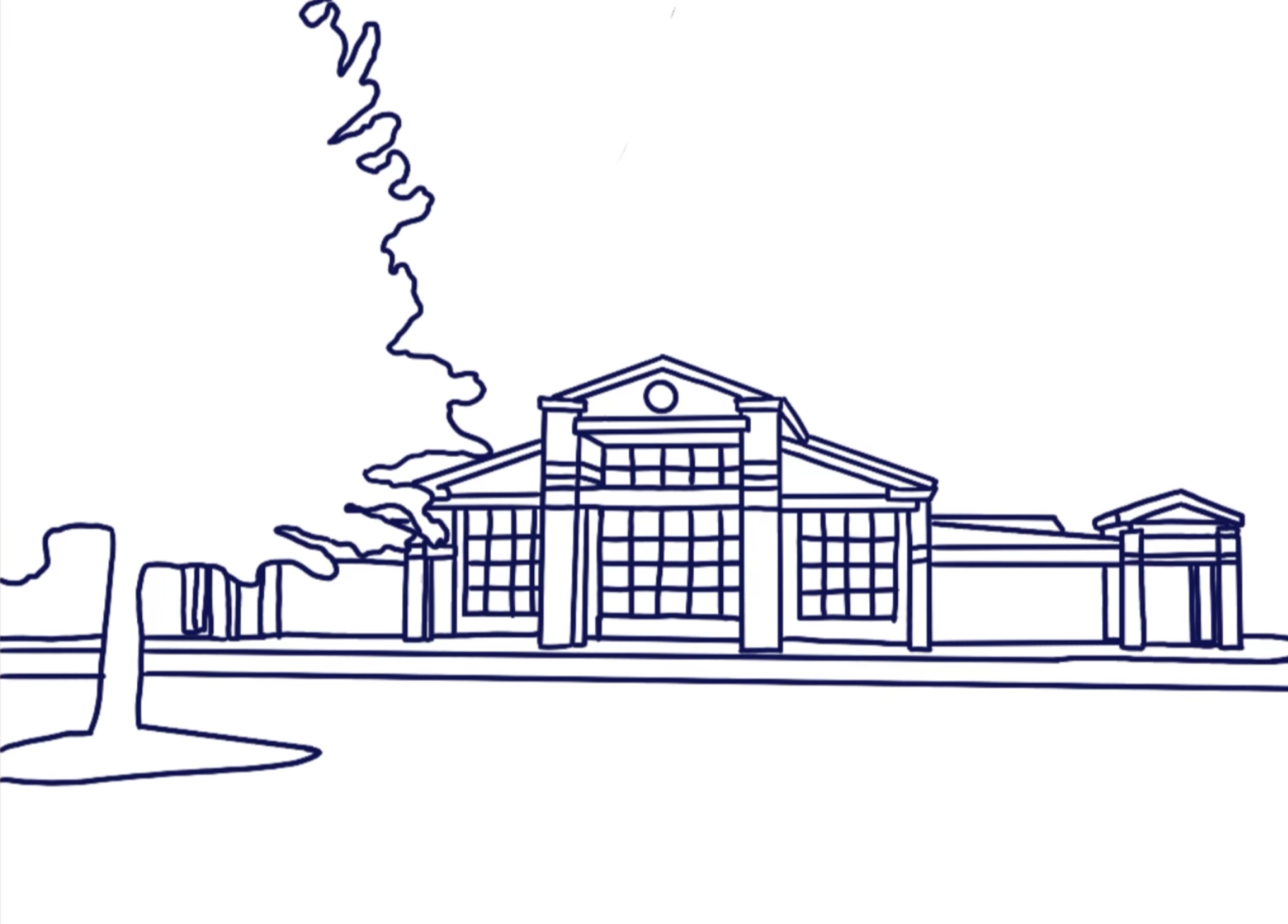





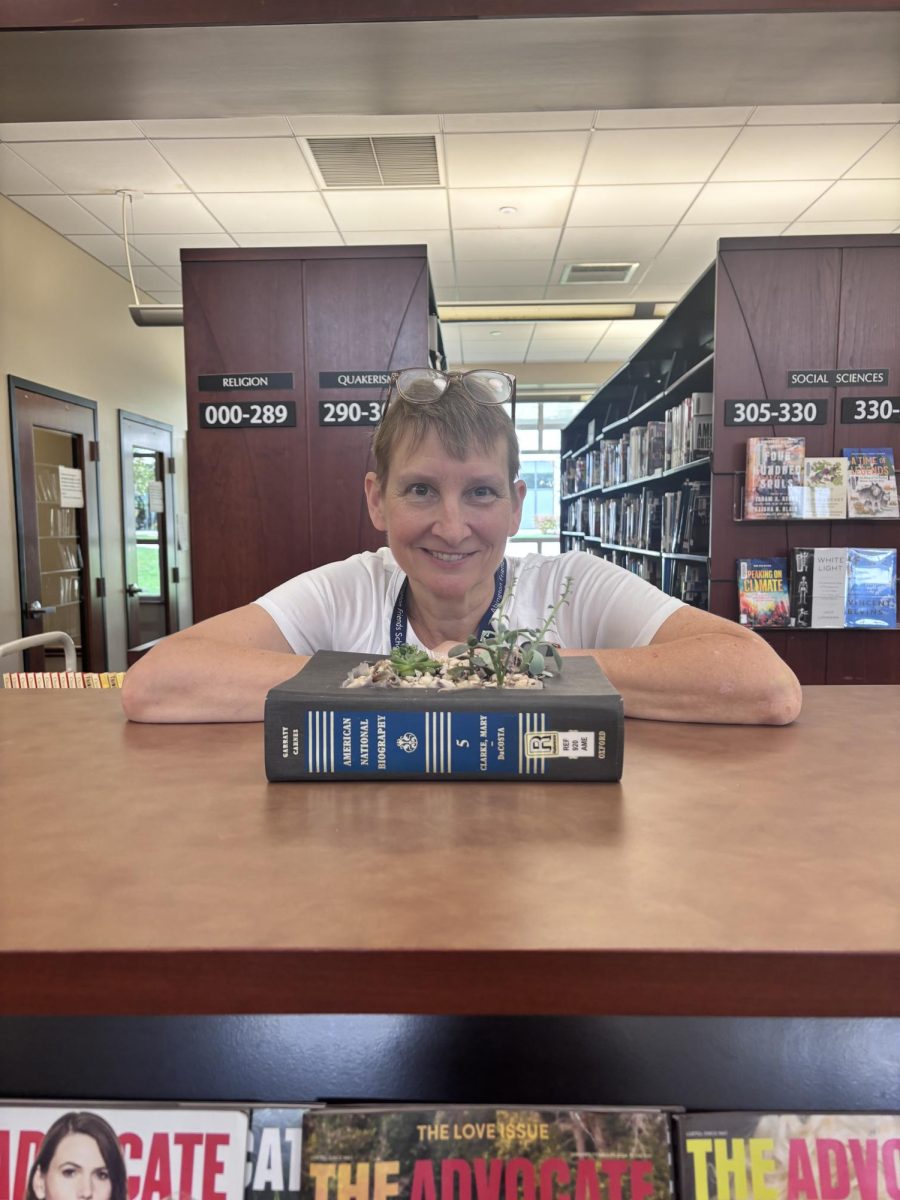



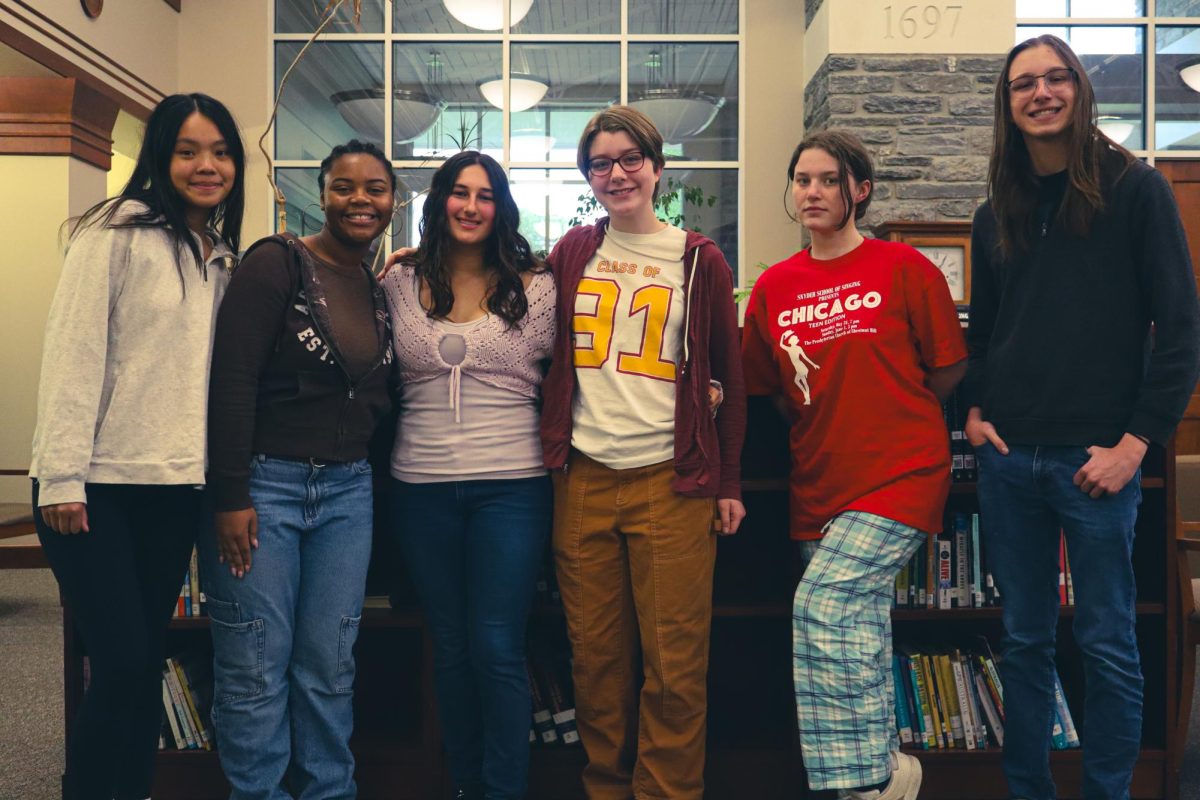


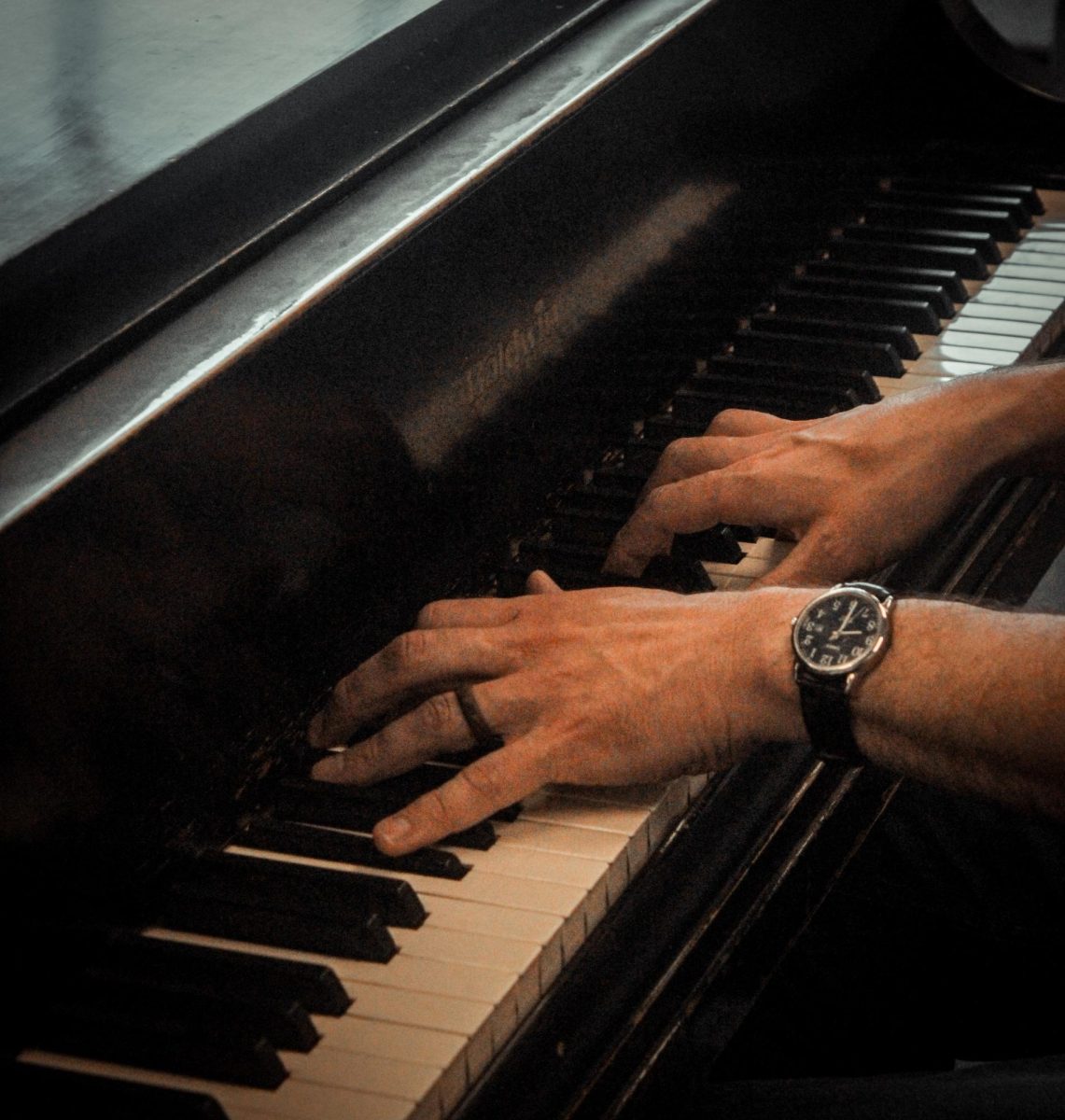
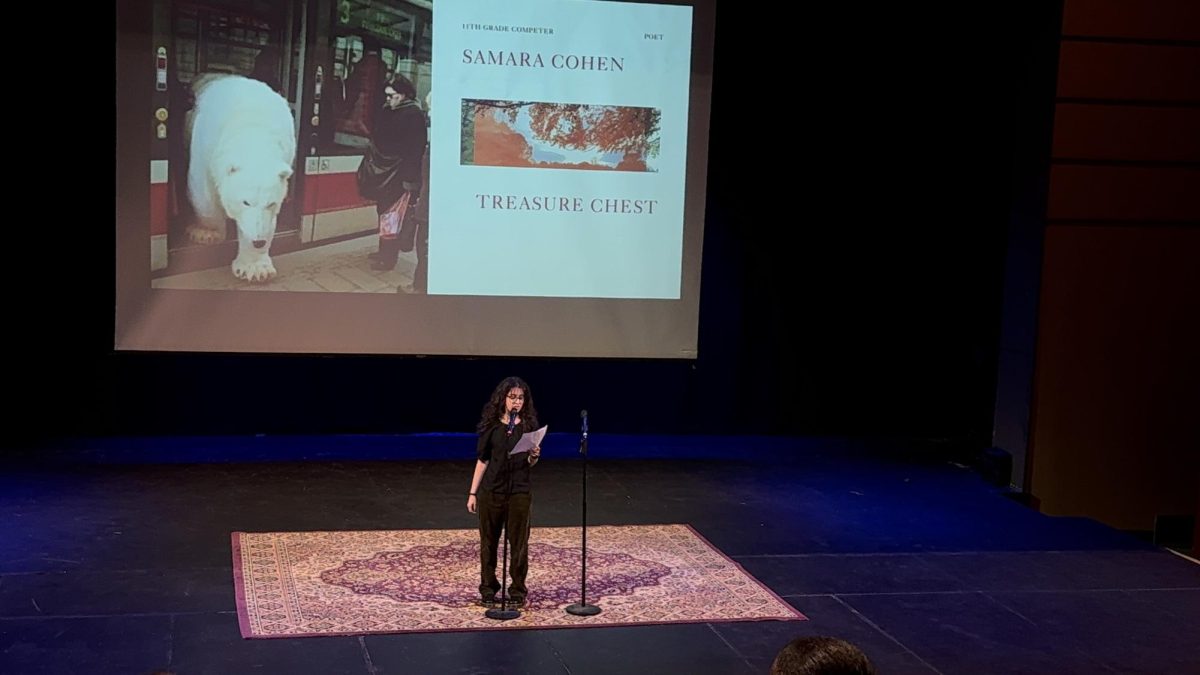
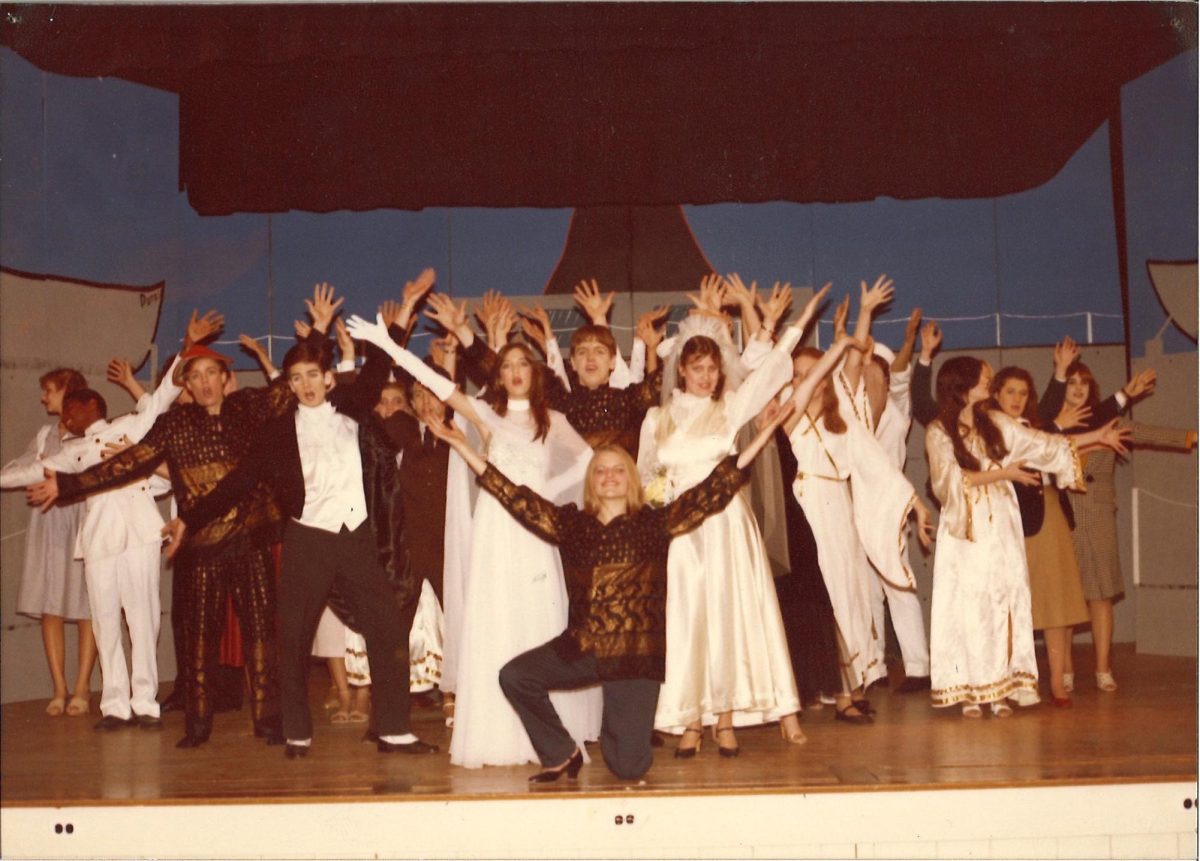


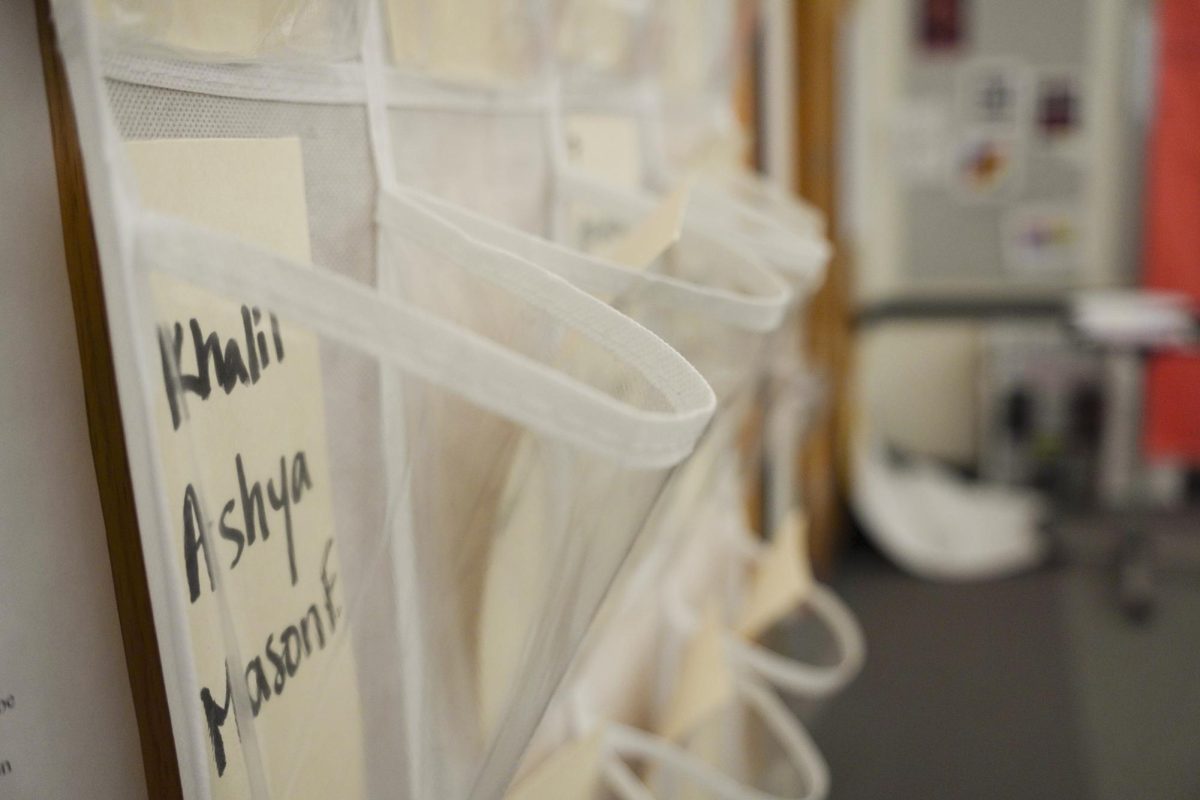
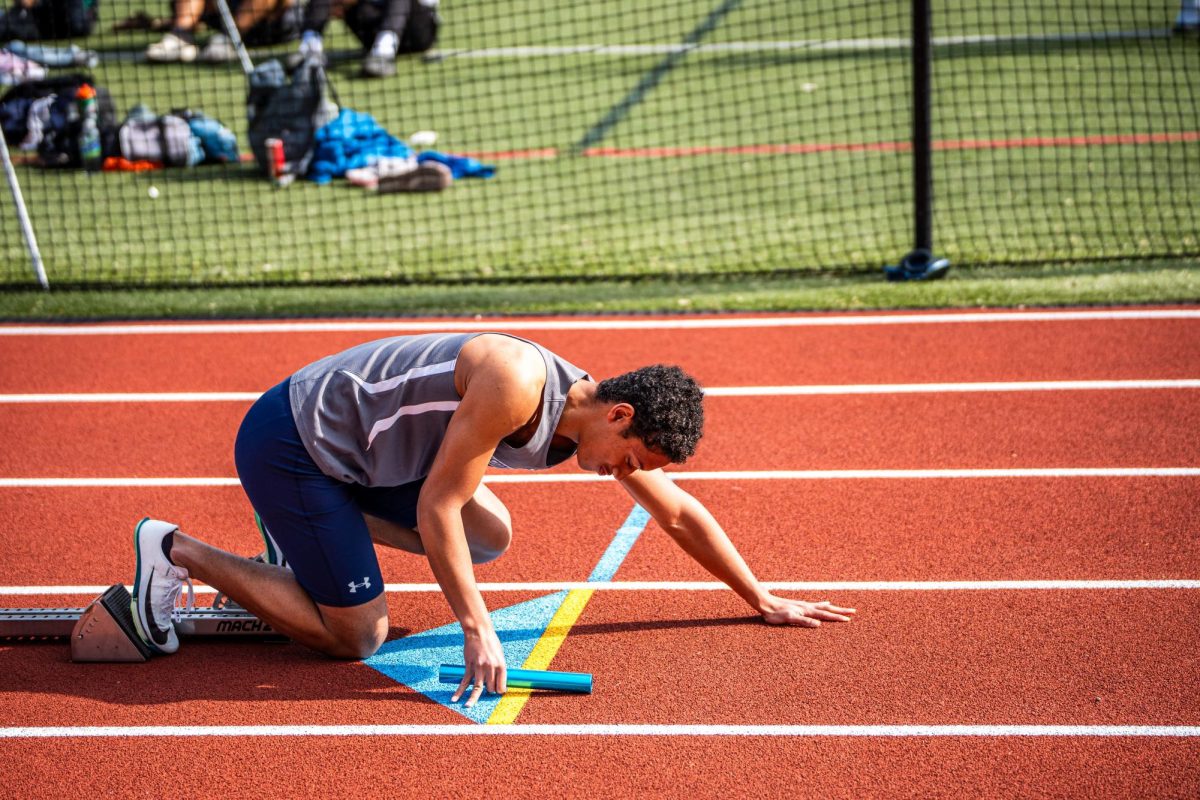
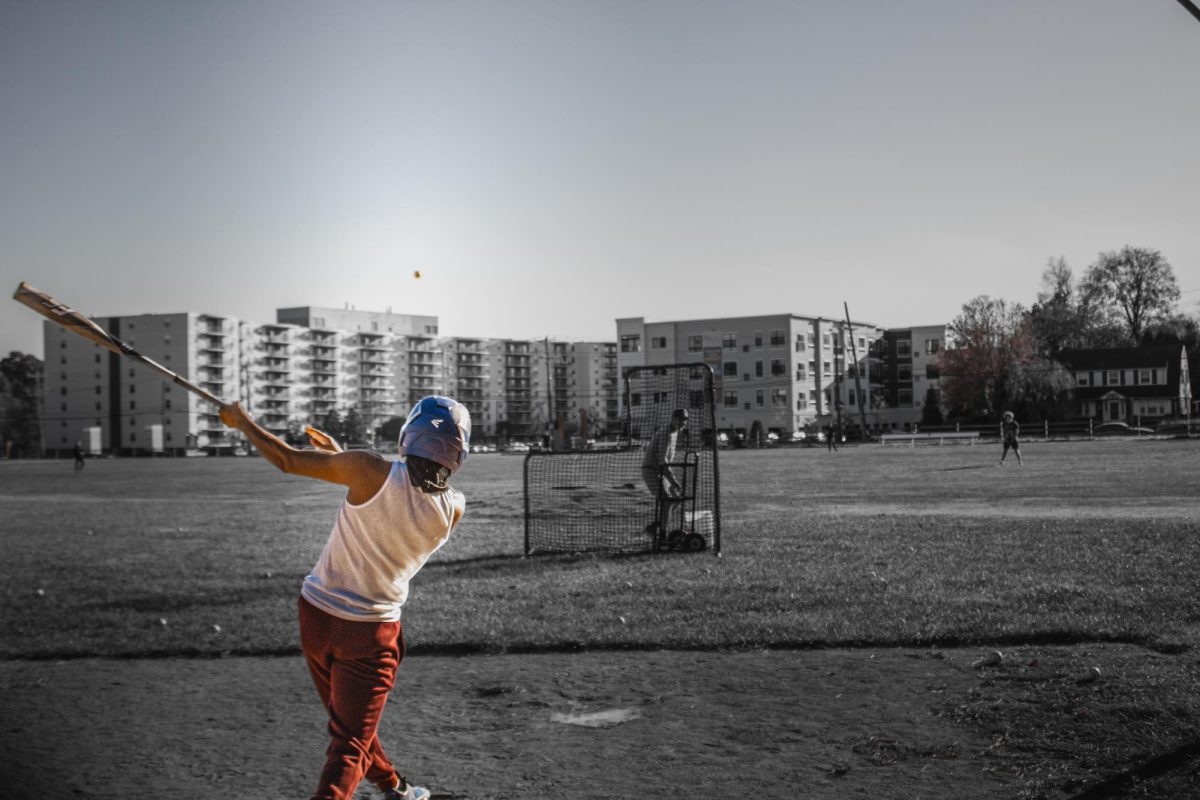



Lorelai Stirling • Nov 7, 2024 at 1:21 pm
In the article “Humans of AFS: Wayne Kurtz” I was surprised to know that he has been teaching at AFS for 20 years. One thing I learned from this article was that Wayne went to a Bootcamp in Fort Knox Kentucky, in Louisville for six weeks.I Also learned in those six weeks he got a college scholarship to Northeastern in Boston. I would never have thought that Wanye went to Bootcamp because he doesn’t seem like that person from the way he talks and interacts with students. However, never judge a book by its cover. Nothing from this article resonates with me.